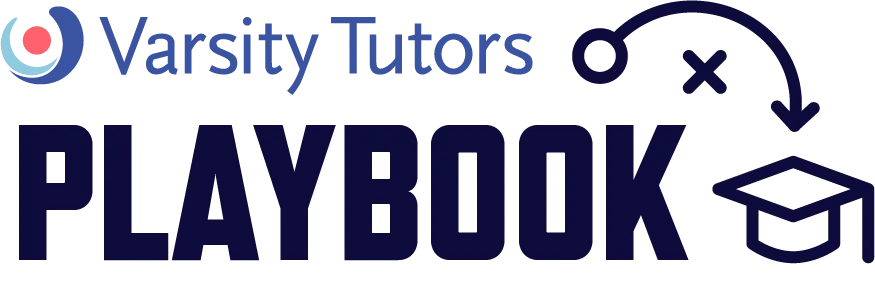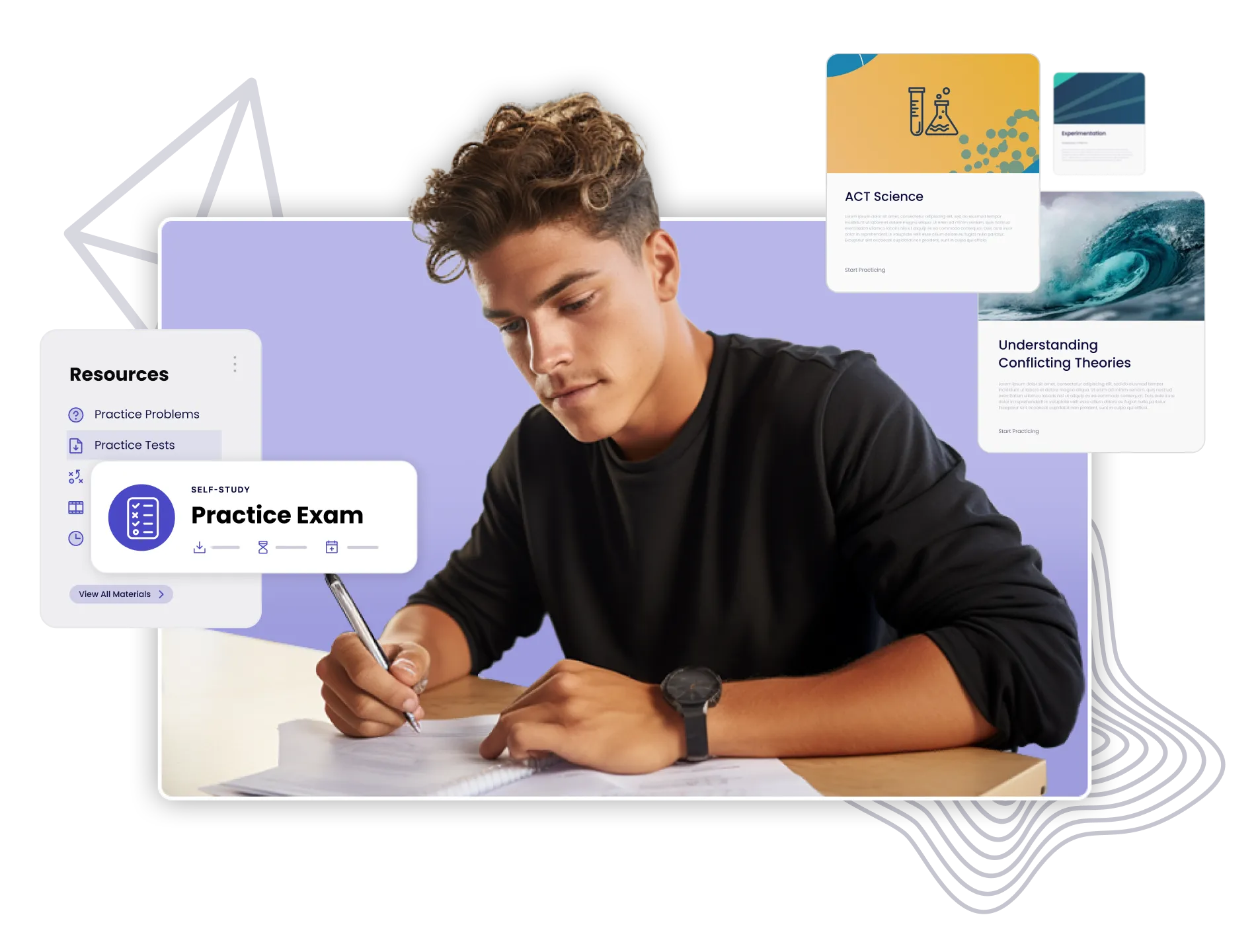Ask a Medical School Admissions Expert: Dr. Carleen Eaton

Varsity Tutors brings you insider tips and advice straight from nationally recognized admissions experts. Dr. Carleen Eaton is a graduate of the UCLA School of Medicine with nine years of experience in admissions advising. She has helped hundreds of medical school applicants get into their desired programs over the years and has frequently been a guest speaker at various colleges and universities on the subject. Dr. Eaton is the founder of PreHealthAdvising.com, an admissions consulting firm dedicated to assisting students in the medical school application process. She is currently working on her book, Getting into Medical School For Dummies, an installment of the popular series that will be released in May 2013.
VT: How much time should be set aside to adequately prepare for and complete a Med School application?
Carleen: Some steps should be started at least six months prior to the opening of the admissions cycle. These include researching schools, reading about the application process, and determining whom to ask for letters of recommendation. When it comes to filling out the primary application, the single most time-consuming task is writing the personal statement. Crafting an effective, compelling statement usually takes more than a month. Exactly how far in advance of the submission date an applicant needs to start work on the application depends on how many other things they’re juggling. For example, if an applicant is balancing a full load of classes, extracurricular activities, and MCAT studying, they need to begin working on the application many months in advance in order to spread out their workload.
VT: What is the single most important thing applicants should focus on with this application?
Carleen: Although every part of the application is important, when it comes to the primary application, the personal statement is crucial. The personal statement allows an applicant to tell his or her story and is an opportunity to let the committee know who they are beyond academic accomplishments and extracurricular activities. A strong personal statement won’t make up for a weak GPA or subpar MCAT score, but if an applicant has solid academic credentials, the personal statement can help him or her distinguish themselves from other applicants who are similarly qualified.
VT: What are the biggest mistakes one can make on a Med School application?
Carleen: A major, and avoidable, mistake applicants make is submitting an application late in the cycle. Most medical school use rolling admissions, which means that they review applications as they are received, rather than waiting until the application deadline to begin their review. Earlier applicants have a much greater potential to receive an interview while there are still plenty of seats open in the class. As the cycle progresses and seats in the class are filled, applicants are competing for fewer slots and may even be interviewing for a place on the waitlist because the class is already full. Applicants should aim to complete every step of the application process - primary, secondary, and interview - as early as possible in order to maximize their chance of admission.
VT: What do Med School admissions officers look for most in an applicant’s essays/personal statements?
Carleen: Admissions committees are looking for applicants who are highly motivated to pursue a career in medicine, who have explored the field thoroughly, and who possess the compassion, drive, interpersonal skills and personal qualities needed to become a great physician The most effective way to convey one’s message through the personal statement is to follow the tried-and-true advice to “show don’t tell” by using details and examples to convey one’s points rather than relying solely on direct explanation.
VT: Is there anything on a student’s application that would automatically disqualify them from being considered for the program?
Carleen: Because most schools receive thousands of applications, many schools do an initial screening based on MCAT scores and GPA. Only those applicants with MCAT scores and GPAs that are above a given threshold may receive a full review and consideration for an interview offer. The admissions process differs from school to school, and some schools do a holistic review of all applications; however, applicants with a low GPA and/or MCAT score may find themselves unable to get beyond the initial stage of the application process at many schools.
VT: What about the Med School admissions process differs the most from undergraduate admissions?
Carleen: The admissions process to medical school has a much longer timeline than undergraduate admissions. An applicant who plans attend medical school directly after college will submit their application the summer after their junior year in college. After the primary application comes supplemental or “secondary” applications and then interviews. Although most interviews are conducted from September through January, some schools continue interviewing into March or even early April, which results in a process that can take close to a year from start to finish.
VT: What undergrad majors best prepare one for med school applications?
Carleen: A premedical student can choose any major as long as they complete the prerequisite coursework for medical school. In addition to core science classes that are required for admission to medical school, many schools have a list of additional, “recommended” science classes that they prefer for students to take prior to entering medical school. It is much easier for a science major to work these courses into their schedules because they often overlap with courses that are required for graduation in that major. Therefore, non-science majors can be at a disadvantage because they tend to have fewer of these recommended courses and less depth in their science coursework. At the same time, being an art history, Spanish, or political science major, for example, will help an applicant to stand out among the sea of biological science majors, which can provide an advantage in the application process.
VT: Is there anything you might see on a student’s application that would quickly put them ahead in the running?
Carleen: A high MCAT score. The importance of the MCAT cannot be overstated, although even a student with a great MCAT score may not be admitted if he or she lacks clinical experience or has other deficiencies in the application. If an applicant scores in the mid-thirties or above and has an otherwise strong application he or she is in the running for top-tier schools.
VT: What advice do you have regarding MCAT test prep?
Carleen: I recommend integrating practice questions into one’s study routine very early on. This is more effective than spending months reading and memorizing, “saving” practice questions until the last few weeks before test day. Also, test-takers should focus on their weakest areas first. These are the subjects that they have the most room to improve on, and although it’s more enjoyable to study a subject one is good at, the area that one has most difficulty with is the one they should invest the most time in. Finally, don’t overlook Verbal Reasoning! Schools take the score on this section seriously, but the temptation for many students is to spend most of their time studying for the science sections to the detriment of Verbal Reasoning.
VT: What do Med School admissions officers look for in recommendation letters?
Carleen: Admissions officers want to see evidence that the person writing the letter knows an applicant well enough to give a meaningful evaluation. The letter should state the capacity in which the writer knows an applicant and use concrete examples to illustrate the applicant’s personal qualities, problem-solving abilities, maturity, and other characteristics important for a future physician. Ideally, a letter of recommendation will also provide information that gives the committee an understanding of how the applicant performed compared to his or her peers in the setting within which the evaluator worked with the applicant.
Check out PreHealthAdvising.com for more information on Dr. Eaton’s admissions consulting services.
The views expressed in this article do not necessarily represent the views of Varsity Tutors.

